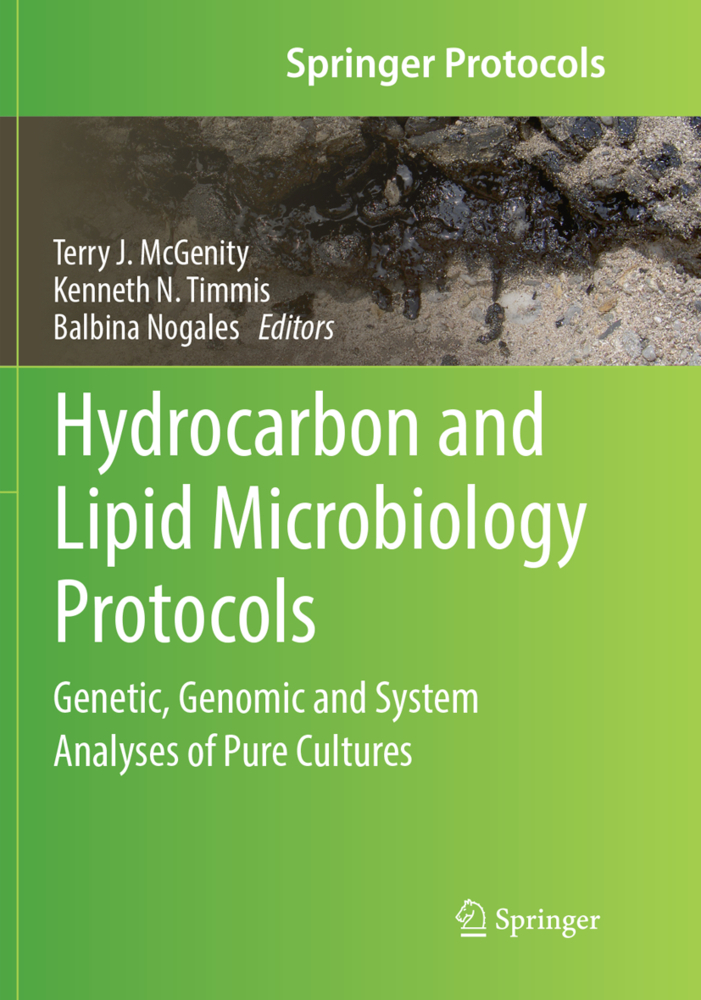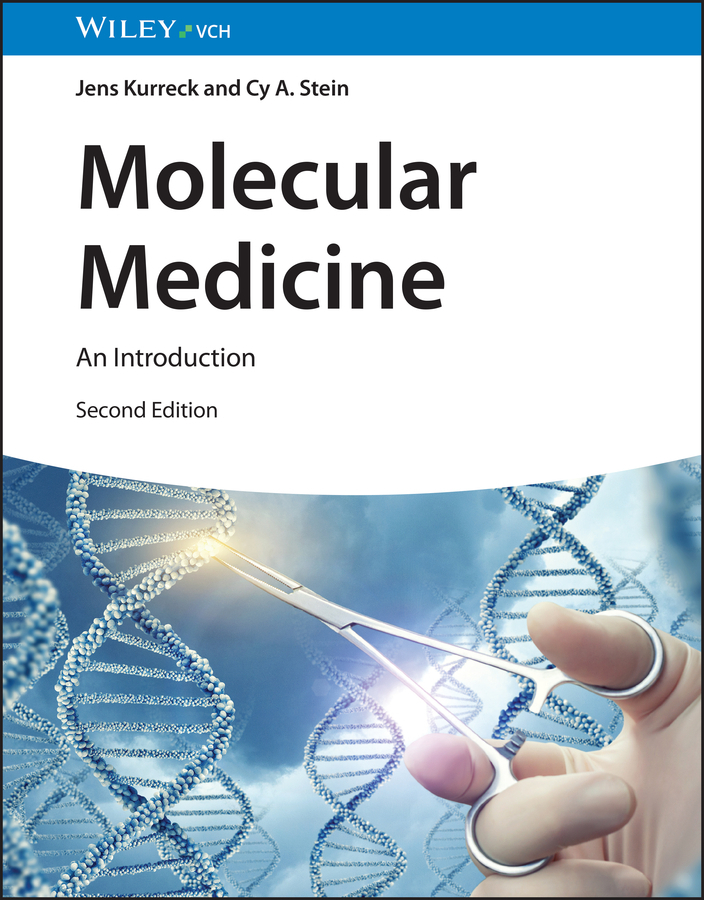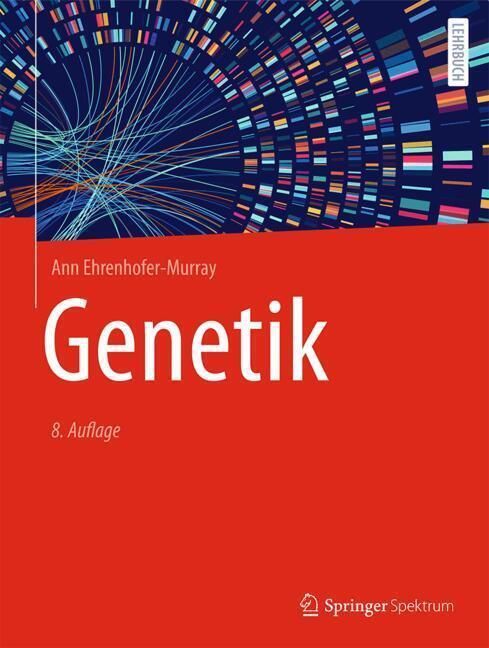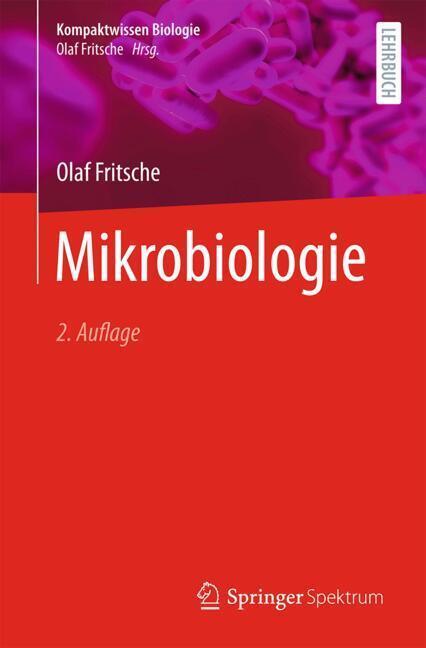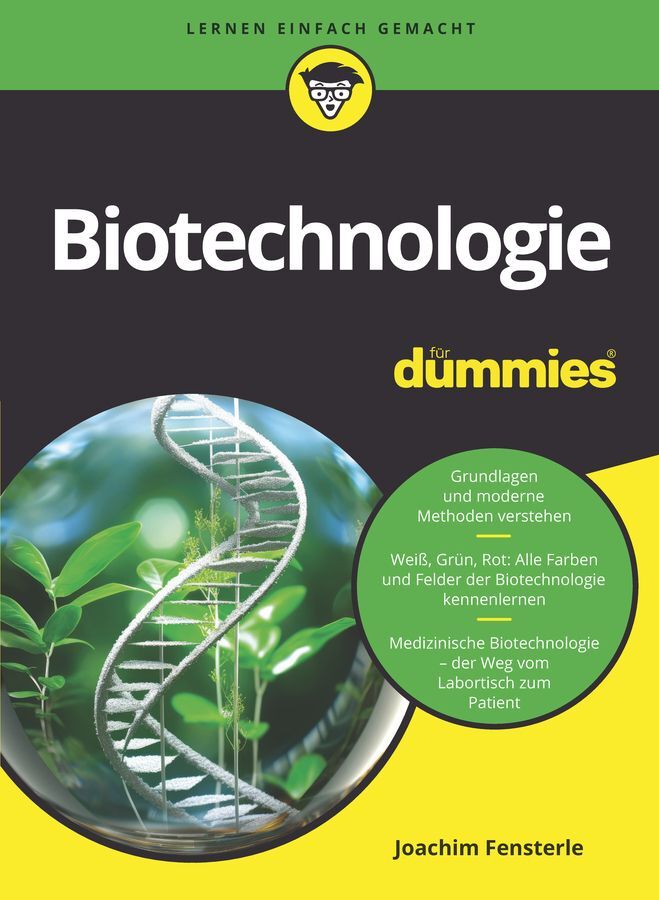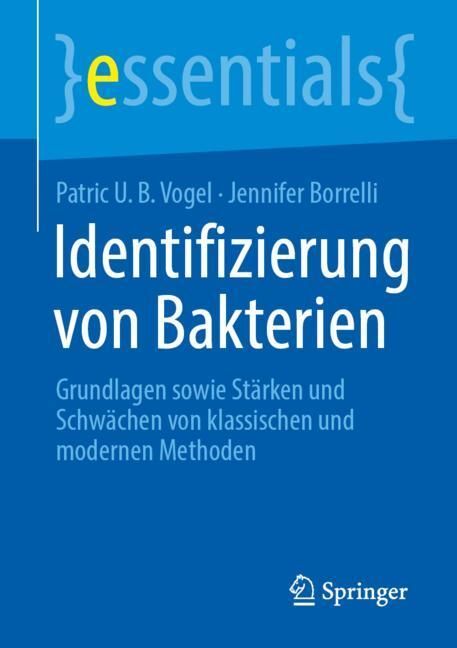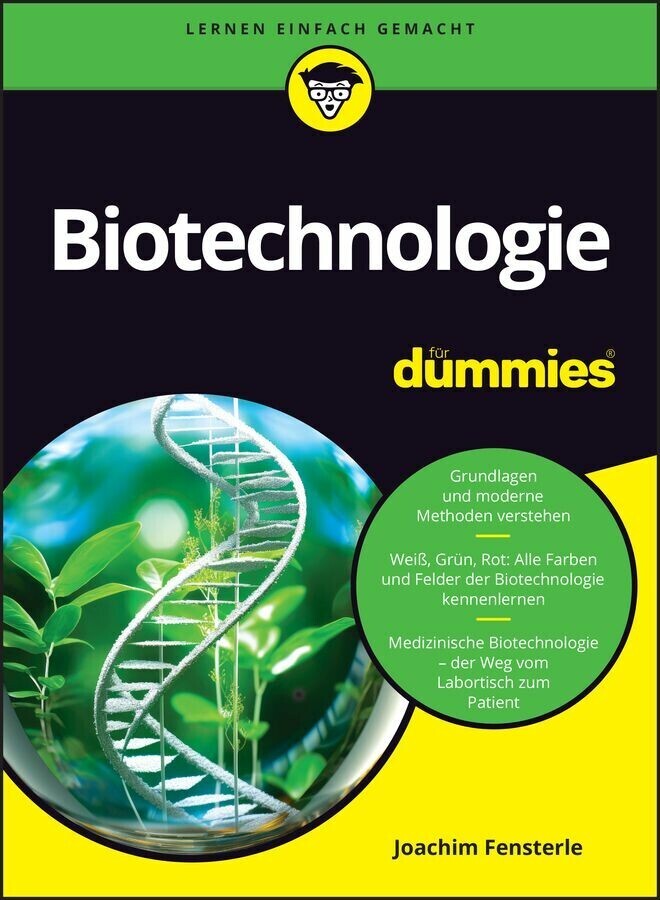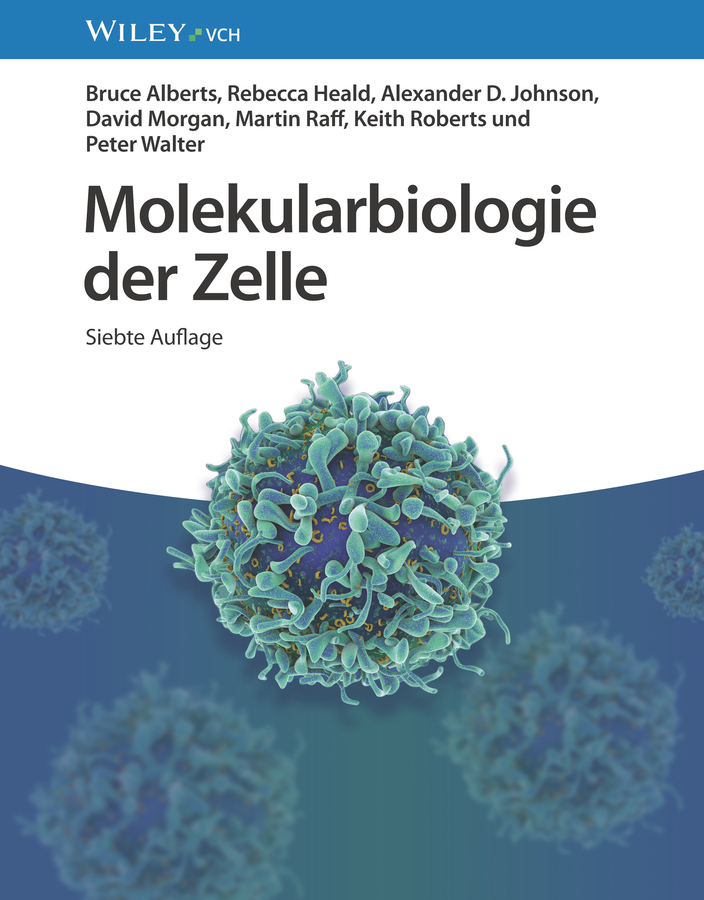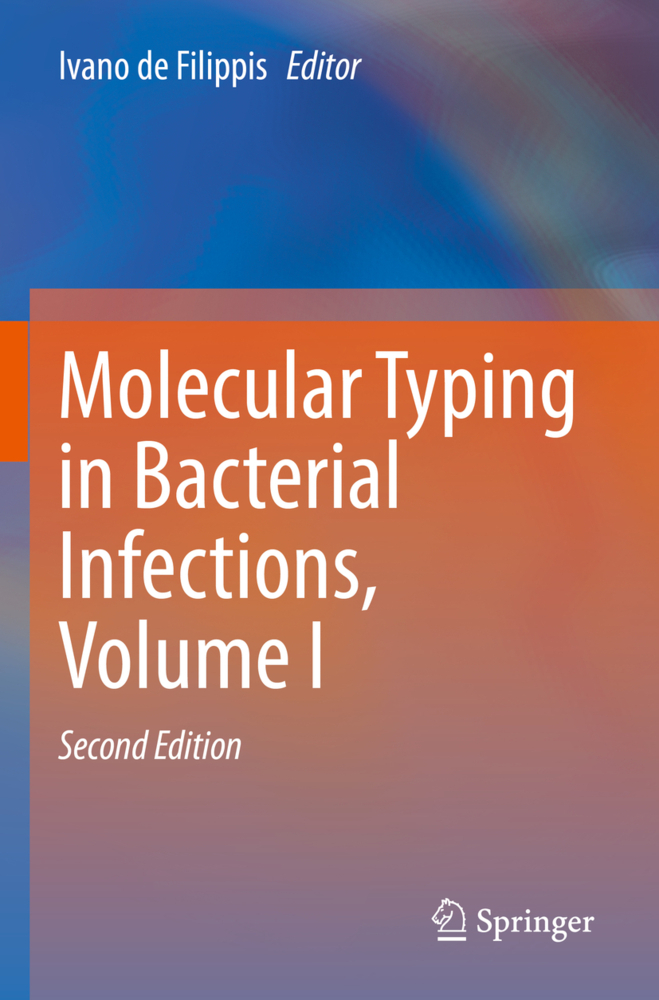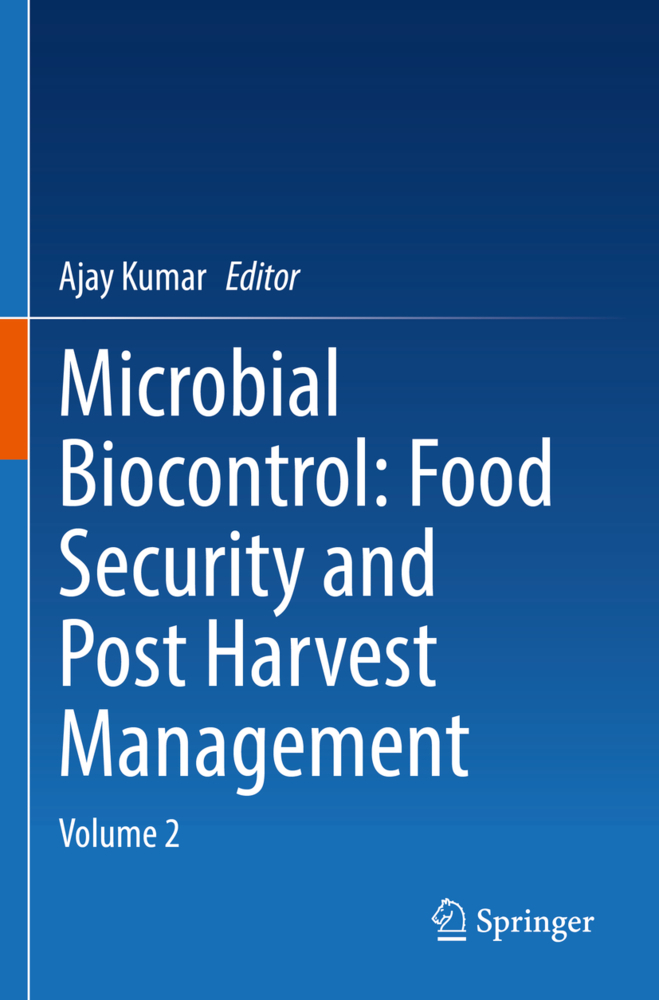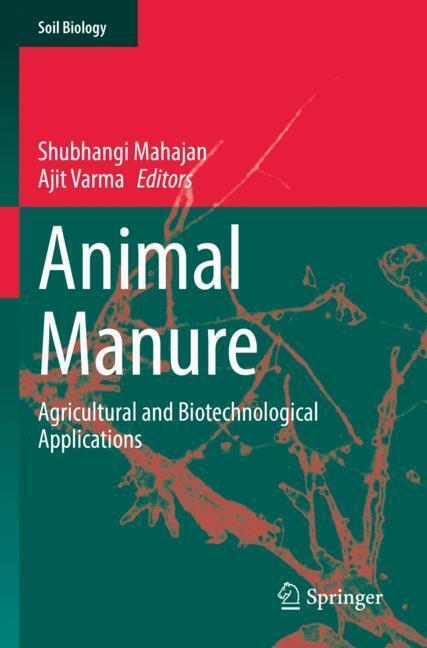Hydrocarbon and Lipid Microbiology Protocols
Hydrocarbon and Lipid Microbiology Protocols
This Volume presents a comprehensive series of generic protocols for the genetic and genomic analysis of prokaryotic isolates. Genetic methods for functional analyses employ the latest cloning vectors, gene fusion methods and transposon mutagenesis systems, as well as systems for introducing protease-cleavage sequences into permissive sites in proteins under investigation. Genomic methods described include protocols for transcriptomics, shotgun proteomics, interactomics, metabolic profiling, and lipidomics. Bioinformatic tools for genome annotation, transcriptome display and the integration of transcriptomic data into genome-scale metabolic reconstructions are described. Protocols for 13C-based metabolic flux determinations and analysis of the hierarchical and metabolic regulation of fluxes through pathways are included. The Volume thus enables investigators to functionally analyse an isolate over the entire cellular range spanning the gene, the genome, the transcript repertoire, the proteome, the interactome, the metabolic network with its nodes and their regulatory hierarchies, and the metabolic fluxes and their physiological controls.
Hydrocarbon and Lipid Microbiology Protocols
Introduction
Broadening the SEVA plasmid repertoire to facilitate genomic editing of Gram-negative bacteriaProtocols on regulation of gene expression
Ultra-high-throughput transposon scanning of bacterial genomes
Knock-in-leave-behind (KILB): Genetic grafting of protease-cleaving sequences into permissive sites of proteins with a Tn5-based transposition system
Deep sequencing to study microbial transcriptomic responses to hydrocarbon degradation/production/stress
Shotgun proteomics for hydrocarbon microbiology
Interactomic characterization of membrane-associated mega-complexes for the anaerobic respiration in Pseudomonas aeruginosa
Lipidomic analysis of bacteria by thin layer chromatography and liquid chromatography/mass spectrometry
Accurate microbial genome annotation using an integrated and user-friendly environment for community expertise of gene functions: the MicroScope platform
Approaches for displaying complete transcriptomes of environmental bacteria
A practical protocol for integration of transcriptomics data into genome-scale metabolic reconstructions
GC-MS based determination of mass isotopomer distributions for 13C-based metabolic flux analysis
Analysis of the hierarchical and metabolic regulation of flux through metabolic pathways.
McGenity, Terry J.
Timmis, Kenneth N.
Nogales, Balbina
| ISBN | 978-3-662-57059-3 |
|---|---|
| Artikelnummer | 9783662570593 |
| Medientyp | Buch |
| Auflage | Softcover reprint of the original 1st ed. 2017 |
| Copyrightjahr | 2018 |
| Verlag | Springer, Berlin |
| Umfang | X, 258 Seiten |
| Abbildungen | X, 258 p. 50 illus., 29 illus. in color. |
| Sprache | Englisch |

